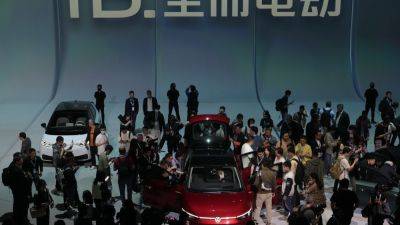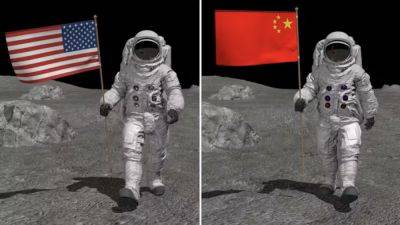What the West can learn from China about using AI
AI is already everywhere, ready to change the way we work and play, how we learn and how we are looked after. From hospitality to healthcare, entertainment to education, AI is transforming the world as we know it.
But it’s developing at a different pace in different parts of the world. In the West, it seems, there is a tendency to aim for perfection, with companies taking their time to refine AI systems before they are implemented.
China, on the other hand, has taken a more pragmatic path, on which speed and adaptability are prioritized over flawless execution. Chinese companies appear more willing to take risks, accept AI’s current limitations and see what happens.
And China’s desire to be the world leader in AI development seems to be working. Here are three important lessons the west can learn from China’s economic strategy towards AI.
1. Embrace imperfection
Many Chinese companies have adopted a “good enough” mentality towards AI, using it even when the technology is not fully developed. This brings risks, but also encourages fast learning.
For example, in 2016, Haidilao, a popular Chinese restaurant chain, introduced “Xiaomei”, an AI system which dealt with customers calling up to make reservations. While Xiaomei is not the most sophisticated AI system (it only understands questions about reservations), it was effective, managing over 50,000 customer interactions a day with a 90% accuracy rate.
It’s not perfect, but it provides a valuable service to the business, proving that AI doesn’t need to be flawless to make a big impact.
2. Make it practical
A key distinction between AI strategies in China and the West is the focus on practical, problem-solving applications. In many Western industries, AI is often associated







